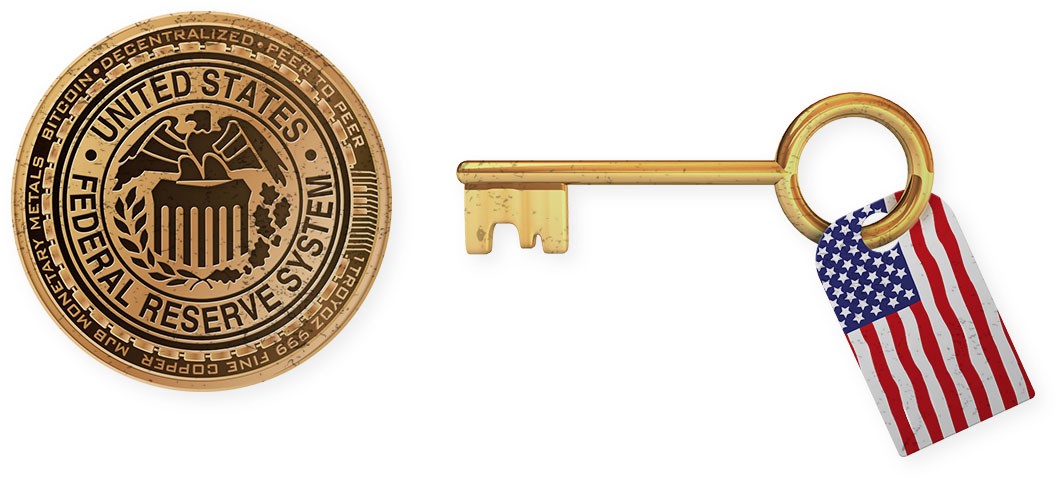PALO ALTO, Calif. (Reuters) - The Federal Reserve is looking at a broad series of issues around digital payments and currencies, including policy, design and legal factors to consider around possibly issuing fed coin cryptocurrency its own digital currency, Governor Lael Brainard stated on Wednesday. Brainard's remarks recommend more openness to the possibility of a Fed-issued digital coin than in the past." By transforming payments, digitalization has the prospective to deliver higher value and convenience at lower expense," Brainard stated at a conference on payments at the Stanford Graduate School of Business.
Reserve banks globally are discussing how to manage digital finance innovation and the dispersed journal systems used by bitcoin, which assures near-instantaneous payment at possibly low cost. The Fed is establishing its own round-the-clock real-time payments and settlement service and is presently reviewing 200 comment letters sent late last year about the proposed service's style and scope, Brainard stated.
Less than 2 years ago Brainard told a conference in San Francisco that there is "no engaging showed need" for such a coin. But that was prior to the scope of Facebook's digital currency aspirations were commonly known. Fed authorities, including Brainard, have raised issues about consumer defenses and data and personal privacy risks that might be postured by a currency that might come into use by the 3rd of the world's population that have Facebook accounts.
" We are collaborating with other main banks as we advance our understanding of main bank digital currencies," she said. With more nations looking into releasing their own digital currencies, Brainard said, that adds to "a set of reasons to likewise be ensuring that we are that frontier of both research study and policy development." In the United States, Brainard stated, problems that require research study consist of whether a digital currency would make the payments system safer or easier, and whether it might present monetary stability risks, including the possibility of bank runs if cash can be turned "with a single swipe" into the central bank's digital currency.
To counter the monetary damage from America's extraordinary national lockdown, the Federal Reserve has taken unmatched steps, including flooding the economy with dollars and investing directly in the economy. The majority of these relocations received grudging acceptance even from numerous Fed doubters, as they saw this stimulus as required and something just the Fed might do.
My brand-new CEI report, "Government-Run Payment Systems Are Unsafe at Any Speed: The Case Versus Fedcoin and FedNow," information the dangers of the Visit this page Fed's current prepare for its FedNow real-time payment system, and proposals for central bank-issued cryptocurrency that have been dubbed Fedcoin or the "digital dollar." In my report, I discuss issues about privacy, data security, currency adjustment, and crowding out private-sector competitors and development.
Proponents of FedNow and Fedcoin say the government must produce a system for payments to deposit immediately, rather than encourage such systems in the personal sector by lifting regulative barriers. However as kept in mind in the paper, the private sector is supplying a relatively endless supply of payment innovations and digital currencies to fix the problemto the extent it is a problemof the time space in between when a payment is sent and when it is gotten in a savings account.

And the examples of private-sector development in this location are numerous. The Cleaning Home, a bank-held cooperative that has been routing interbank payments in various types for http://louisbriu186.theburnward.com/fedcoin-the-u-s-central-bank-is-looking-into-it-reuters more than 150 years, has been clearing real-time payments since 2017. By the end of 2018 it was covering half of the deposit base in the U.S.